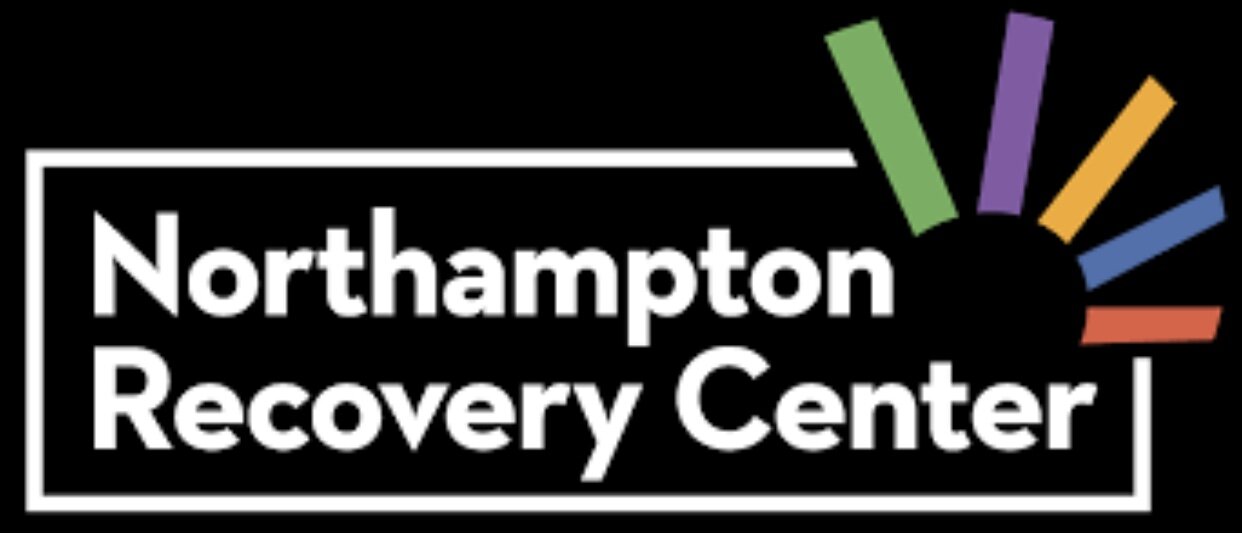NRC Family Support Program
Support for families, friends, and allies coping with a family member’s addiction
Thursdays 4:30–5:30pm In-person
This program is an innovative approach to providing recovery support services to the families, friends, and allies of those struggling with Substance Use Disorder and addiction. The program was designed to integrate three essential aspects of a Recovery Oriented System of Care (ROSC) in a single, community-based program.
Our program supports:
A person-centered and strength-based approach
A self-directed journey of coping and recovery
Most importantly, the participation of family members, caregivers, significant others, friends and the community at large in supporting those coping with addiction
Each week, we offer:
A contribution from multiple community agencies and organizations that support and promote healthy families and recovery
Participation in fellowship, support, and recovery with other families, friends, and allies of those dealing with addiction and recovery as part of a group support meeting facilitated by Recovery coaches
An opportunity to work directly and confidentially, with Recovery Coaches trained to understand and support the unique issues addiction and recovery bring to family systems and dynamics
We recognize the value of facilitated group support, and incorporate the principles of Recovery Coaching in that support. Our facilitators are trained in multiple disciplines including Recovery Coaching, Community Reinforcement and Family Training (CRAFT), Motivational Interviewing (MI), Acceptance and Commitment Therapy (ACT), Harm Reduction as a Pathway of Recovery, and Domestic Violence Awareness. Continuing education and professional development are a requirement of all facilitators and all of our facilitators have lived experience with family members challenged with addiction and maintaining recovery.
Some of our topics include:
Healthy Relationship Models
Recovery Capital
What is recovery capital?
Strength’s based model of recovery
Recovery Pathways
Detox: What? Why? When?
Mental Health Wellness and Recovery
In-Patient/Out-Patient
The Continuum of Care
Harm Reduction
What is it? And Why is it important?
Judicial Concerns
Extreme Risk Protective Orders
Drug Awareness/Knowledge
Psychology of Addiction
From Casual Use to Addiction
What does an overdose look like?
Peer Support and Recovery Centers
What is a Recovery Coach? What do you use them for?
Community Engagement/Isolation of Addiction
Recovery Principals
What is Recovery?
Multiple Pathways of Recovery
The Disease Model of Addiction
Family Dynamics
Addiction affects the entire family


